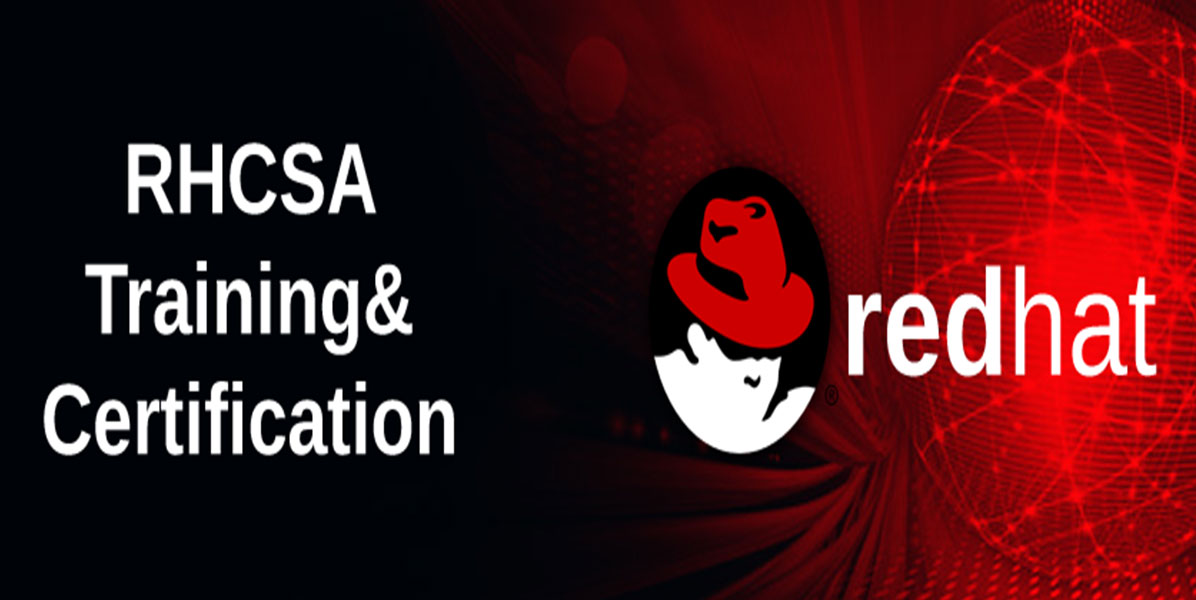RHCSA

This Linux System Administrator course helps you discover the tools used by system administrators in enterprise Linux environments, install recent systems with a variety of Linux distributions and configure systems with new software and hardware combinations.
Linux System Administration training course form the students totally well educated in Linux Network Administration. The Linux courses have a more important features and concepts of Linux sub-systems like installation, Networking, Process Management, improving and accessing aspects which are necessary to perform routine day-to-day operations efficiently on a Linux System.
How to install, upgrade, configure and administer a Linux system running one of the three major Linux distribution families (Redhat, SUSE, Debian/Ubuntu). Heavily focused on enterprise environments, this course provides Linux System Administrators with all the concepts and tools required to efficiently build and manage a production Linux infrastructure. We present in this course the state-of-the-art techniques used in the industry and apply them in the context of practical labs.
This course covers all the topics of "Linux Essentials" and "Linux System Administrator". On completion of this course, the candidate can appear for RHCSA Exam.
Audience
FRESHERS/ WORKING PROFESSIONALS
we will make students to obtain authorized training that will prepare them for certification and booster their employment opportunities.
Prerequisites
Basics of Hardware & Networking
Duration:
Total duration – 60 Hrs
Part time – 30 days, 2hours/day.
Full time – 10 days, 6hours/day.
Key Benefits:
essential tools, local storage, file systems, users and groups, Manage security, SSH, SELinux, Access Control Lists (ACLs), CIFS and NFS.
Course Outline:
1. Understand and use essential tools for handling files, directories, command-line environments, and documentation
2. Operate running systems, including booting into different run levels, identifying processes, starting and stopping virtual machines, and controlling services
3. Configure local storage using partitions and logical volumes
4. Create and configure file systems and file system attributes, such as permissions, encryption, access control lists, and network file systems
5. Deploy, configure, and maintain systems, including software installation, update, and core services Manage users and groups, including use of a centralized directory for authentication
6. Manage security, including basic firewall and SELinux configuration
Career Prospects:
- Linux System Administrator
- Linux System Engineer